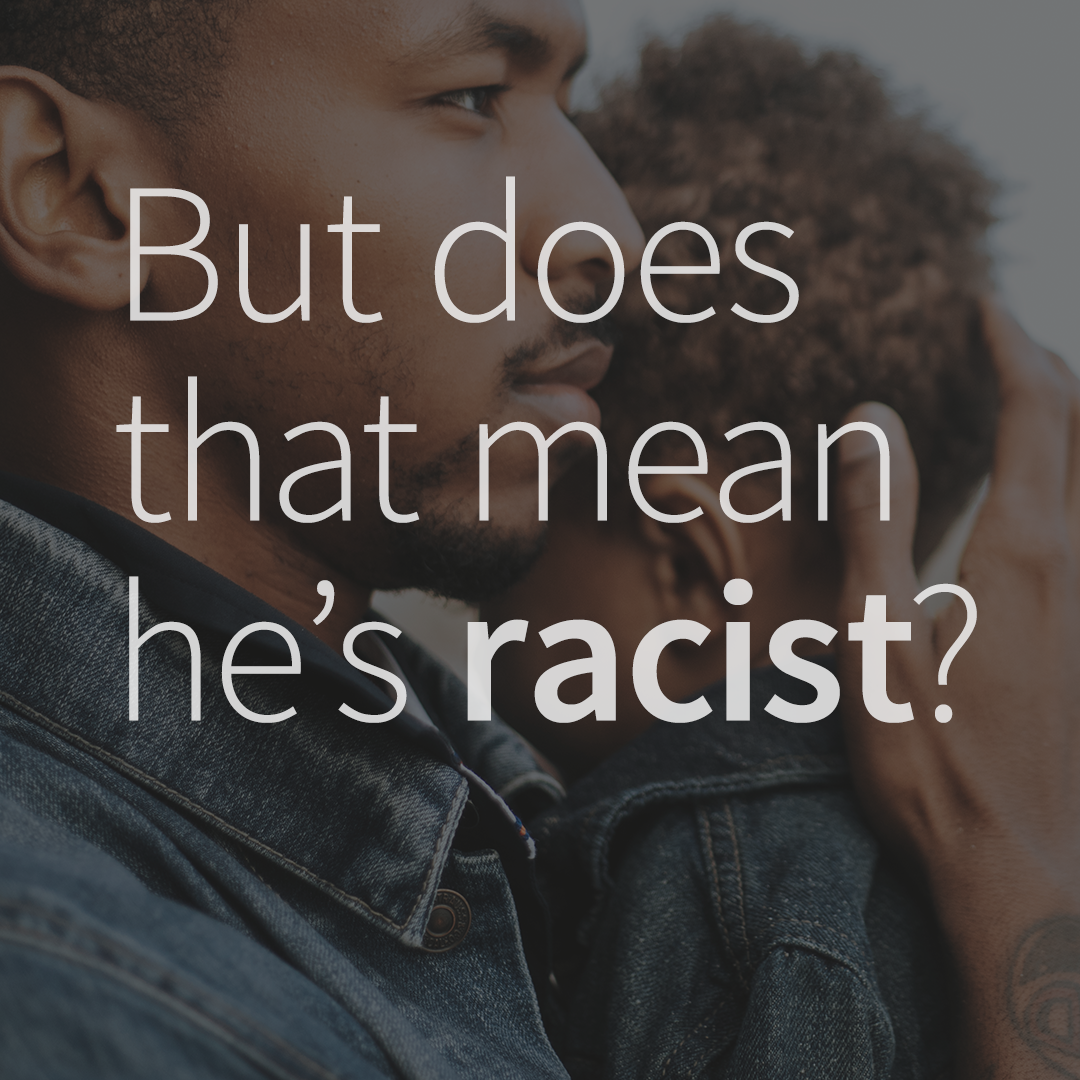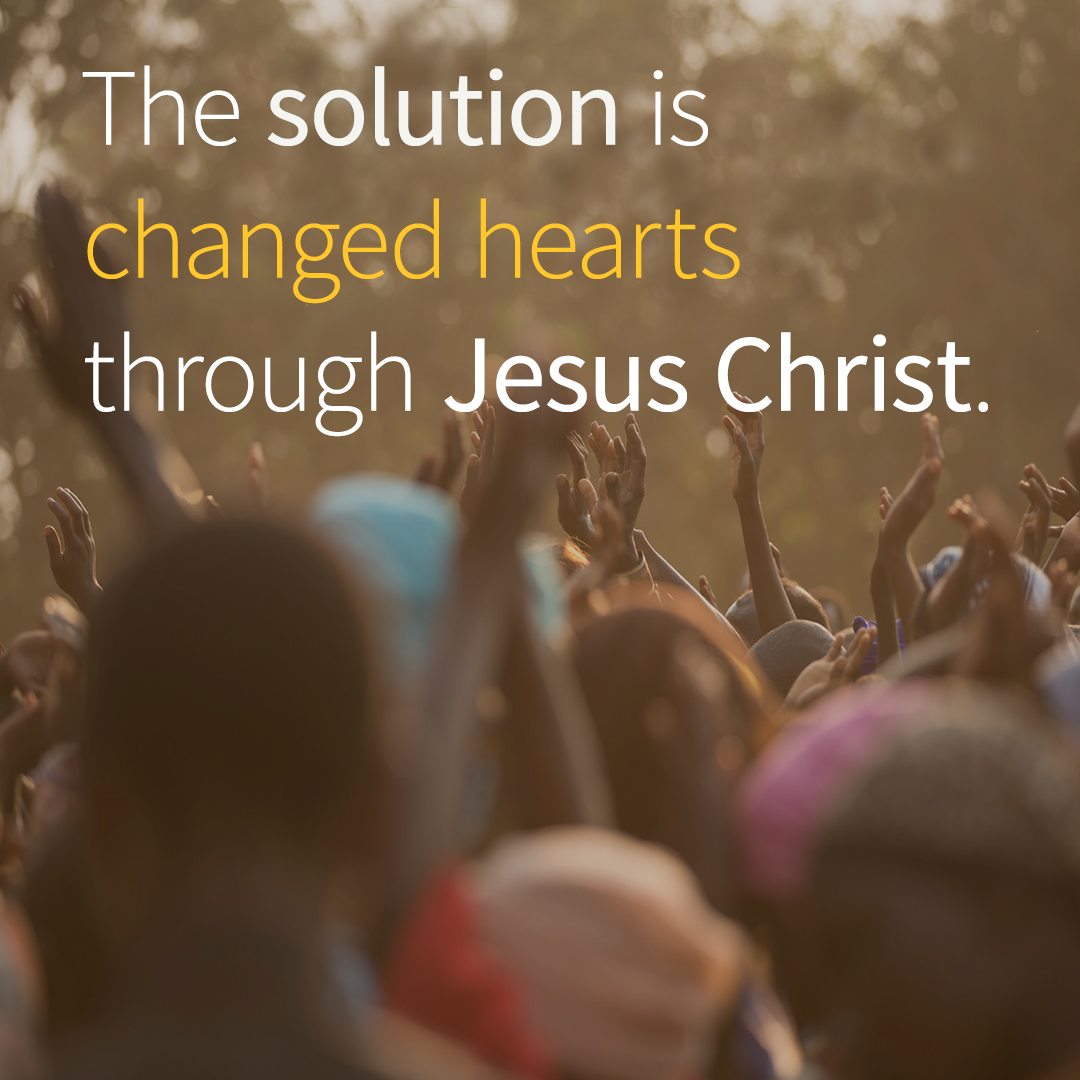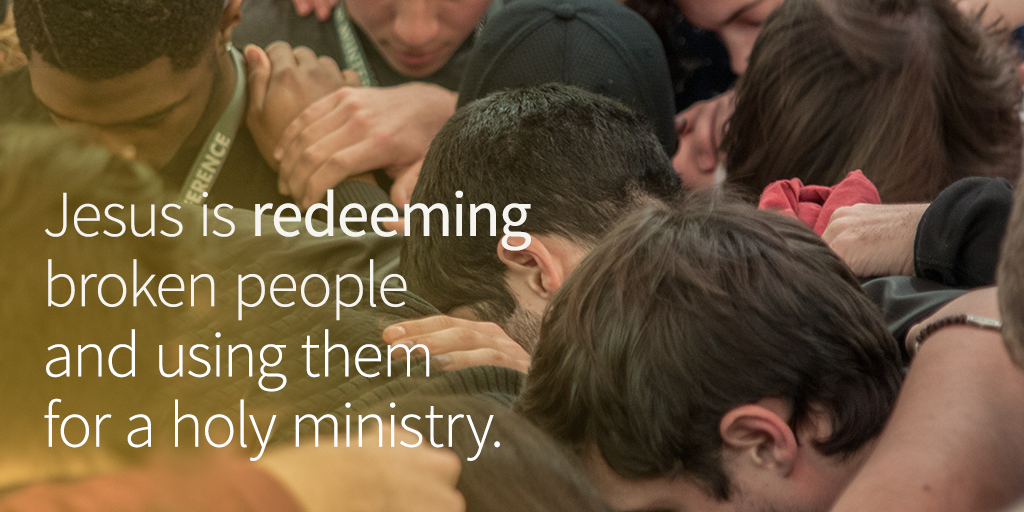
When you hear the word “racist,” what do you think?
Many people go back in time to the 1960s, when blacks and whites couldn’t use the same water fountains or go to the same school. They think back to Rosa Parks, who was thrown in jail for refusing to go to the back of the bus.
Racism should be easily spotted and recognized.
Right?
Today, we live in a world where many think we’ve solved the issue of racism. While we’ve been fighting this explicit racism, a new, implicit one has taken its place. It is a preference for one race over another.
We might not even recognize this form of racism as we go about our lives because we haven’t been trained to look for it. As a result, it has spawned racial profiling, tension and awkwardness.
When I was young, my parents would tell me about the racism they’d experienced and warned me that I would too. I didn’t believe them. I didn’t want to believe that my siblings and I would be racially profiled and looked down upon. I didn’t want to believe we would have to work twice as hard as some of my white friends.
Growing up, I was never called the N-word. I was never almost arrested like my father. I never faced segregation like my grandparents. I was a sheltered pastor’s kid. From where I stood, the world was pretty good. I wanted to believe that the racism of the past had been solved.
Though it didn’t come until later in life, and may be different than the racism that others encounter, I have experienced it.

I’ve been passed over for opportunities that I’m qualified for in favor of people from majority culture. A police officer nervously held her holster while talking to me, while other people have assumed that I hate the police because I’m black. I’ve been told that I’m not “ghetto” like other black girls around the city.
The worst thing is that, at times, I’ve taken pride in these comments or even thought myself better than other African American women.
Racism is messy and even I have found myself guilty of it.
When the Trayvon Martin shooting happened in 2012, and the Ferguson Riots broke out in 2014, my world was thrown into chaos. In the Trayvon Martin case, a teenage African American was shot by a neighborhood watch patrolman, sparking a debate about whether racial profiling was still prevalent in the United States.
Many people around me refused to believe or admit there was a problem, while others responded in vicious anger. I, too, didn’t want to believe that the case was linked to race. I would think, “Yes, this patrolman may have been wrong in the way he handled this, but does that mean he’s racist?”
Unfortunately, not wanting to admit that racism still exists only hurts minorities. If the problem isn’t acknowledged, it can’t be addressed.
The term “racist” often brings up feelings of guilt, shame or defensiveness. Because we hate the word, we shield ourselves from acknowledging the preferences and preconceptions we already have about other races. There’s a lack of understanding about what racism really means today.

Imagine you’re walking to your car late at night and see a black man coming your way. Let’s be real — you might feel wary. Even I, a black woman, might feel uneasy. This is a form of racial profiling. Culture has dictated the way we view certain people so strongly that even the people within that group are affected in how they view themselves.
The solution to racism isn’t ultimately new systems or laws. Racism isn’t so much an issue of our actions as it is our hearts. It’s a manifestation of our fallen nature, and just as our sin separates us from God, it also separates us from each other.
The solution is changed hearts through Jesus Christ. Christ has reconciled us to God and to each other through His blood. Until we learn to see people as fellow children of God, nothing will change.
1. If you don’t think that racism in America exists, I encourage you to seek the Lord on this. All around you, people are crying out, saying there’s a problem. Remember, these are people made in God’s image who are in pain.
Begin asking your minority friends about their experiences. If you don’t have any, step outside of your comfort zone to meet people from that community. Pray the Lord will stir your heart to have compassion.
2. If you see the problem and don’t know what to do, don’t be afraid. This is an uncomfortable topic for many, and though you might prefer to stay quiet so as not to say the wrong thing, don’t! Silence hurts more than anything. If you avoid the conversation, the problem will only get worse. Frustration builds and tension mounts. People continue to build walls between themselves and others who are different from them.
Reach out to your minority friends when an act of injustice occurs.
When these things happen, many in minority communities naturally place themselves in their shoes. We see our brothers, fathers and cousins.
Recently, another African American man was shot in Tulsa. My friend and mentor Meg, who is from a majority culture, sent me a quick text that said, “I’m so sorry. Do you want to come over for pancakes tonight?” She didn’t get caught up in the politics of the situation. She simply thought of me and did what she could to show she cared. She overcame her fear to engage and didn’t ignore the problem.
3. For those in minority communities, stay strong and be patient. We can be nurturing with those in majority culture as they learn to step outside their comfort zones and struggle to understand.
We should cry out for justice and spread awareness, but strive to show Christ’s love and gentleness.
As we witness wars, broken households, social unrest and political disputes, we can all agree — our world is broken. Despite this, we know Christ has already won.
In Luke 17:20-21 (New International Version), Jesus said: “The coming of the kingdom of God is not something that can be observed, nor will people say, ‘Here it is,’ or ‘There it is,’ because the kingdom of God is in your midst.”
His kingdom is here. Jesus is redeeming broken people and using them for a holy ministry. No matter where you are, I pray you’re encouraged by the knowledge that God is still working. It’s only through the Holy Spirit that our hearts, and the world, can be changed. We have hope that Jesus will set all of it right.

©1994-2020 Cru. All Rights Reserved.